
Source: From The Express Tribune https://tribune.com.pk/story/2513179/less-than-5-of-deaf-children-attend-school
Accessing medical care has been a daunting challenge for the people of remote riverine island of Char Shushua, located in Bhuapur Upazila of Tangail district.
In the remote riverine island of Char Shushua, located in Bhuapur Upazila of Tangail district, 70-year-old Bashir Khan has been suffering from chronic pain in his hand joints for years.
However, accessing medical care has been a daunting challenge for him and others in his community.
The village, situated on the less-accessible char (riverine island) of the Jamuna River, is cut off from mainland healthcare facilities, forcing residents to rely on motorcycles, bicycles, or horse carriages to reach the nearest boat crossing.
From there, they must travel by boat to access clinics in Bhuapur, Tangail Sadar, or Sirajganj Sadar.
“I have been suffering from pain in my hand joints for a long time. But I couldn’t reach any doctor due to the remote location and unavailable transportation,” Bashir Khan lamented.
His story is not unique.
Jarina Begum, a 60-year-old woman from the same village, shared her struggles with untreated eye problems, highlighting the dire healthcare needs of char communities.
Healthcare crisis in char regions
Bangladesh faces one of the most severe healthcare shortages in South Asia, with only 5.26 doctors per 10,000 people, compared to 7.77 in India and 22.3 in the Maldives.
This crisis is particularly acute in the char regions, where river erosion, floods, and geographical isolation exacerbate the challenges of accessing healthcare.
Research from North South University reveals that chronic diseases such as hypertension (5.1% prevalence) and diabetes (2.5% prevalence) are underdiagnosed due to a lack of diagnostic facilities and certified doctors.
The absence of healthcare infrastructure has forced many char residents to turn to alternative medicine, with 39.3% relying on homeopathy, Kabiraj, and Ayurvedic treatments, especially during natural disasters.
Reproductive-aged women face even greater risks, with 79.4% giving birth at home and 6.0% of these home deliveries resulting in miscarriage or infant death.
A lifeline for char communities
To address these challenges, Human Concern USA (HC USA), a US-based humanitarian organization, has launched an innovative “Clinic on Wheels” (CoW) initiative in partnership with the Health Management BD (HMBD) Foundation and Humaniti Foundation.
The program aims to deliver essential medical care to underserved char communities in districts like Tangail, Mymensingh, Jamalpur, and Sherpur.
Each CoW unit is a self-contained mobile clinic staffed with two doctors, a nurse, a midwife, and medical assistants, equipped with diagnostic tools and essential medicines.
The program operates monthly medical camps, providing free check-ups, consultations, and medications to over 3,000 patients across targeted districts.
For complex cases, the CoW team establishes referral systems to ensure patients receive advanced care.
In Char Shushua, the CoW has become a lifeline for residents like Sonia Islam Farin, a madrasa student who has been suffering from back and abdominal pain for years.
“Even after visiting doctors, the pain hasn’t subsided. That’s why I came here today to consult the doctors,” she said.
Mostofa, a local motorbike rider, highlighted the program’s impact: “The CoW has changed the situation somewhat. At least our family members get doctors every month. It will be better if they set up more CoWs and reduce the camping time.”
Sustainable solutions
The CoW initiative not only provides immediate medical care but also trains local volunteers as paramedical assistants to ensure sustained healthcare delivery.
Masum Mahbub, CEO of HC USA, emphasized the program’s mission: “Clinic on Wheels is breaking down barriers to healthcare in some of Bangladesh’s most underserved regions. This project is a testament to HC USA’s commitment to saving lives and empowering communities through sustainable, data-driven solutions.”
He added: “There is a lack of proper healthcare facilities in the remote char villages. With this in mind, we thought about how to provide free medical services to these people.”
For the residents of Char Shushua and other char regions, the Clinic on Wheels represents a beacon of hope.
By bridging the gap between remote communities and essential healthcare services, the initiative is transforming lives and addressing one of Bangladesh’s most pressing challenges.
However, as Mostofa and others have pointed out, expanding the program and increasing its frequency could further alleviate the suffering of thousands who remain cut off from adequate medical care.
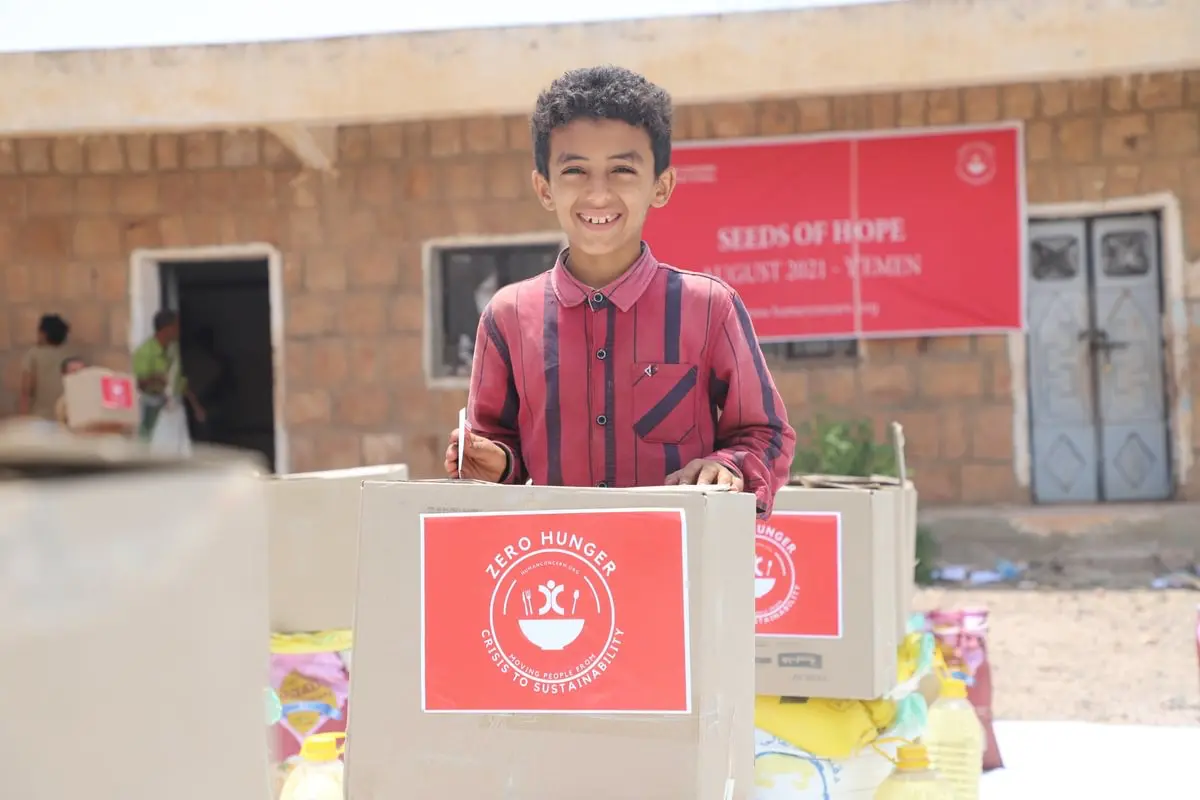
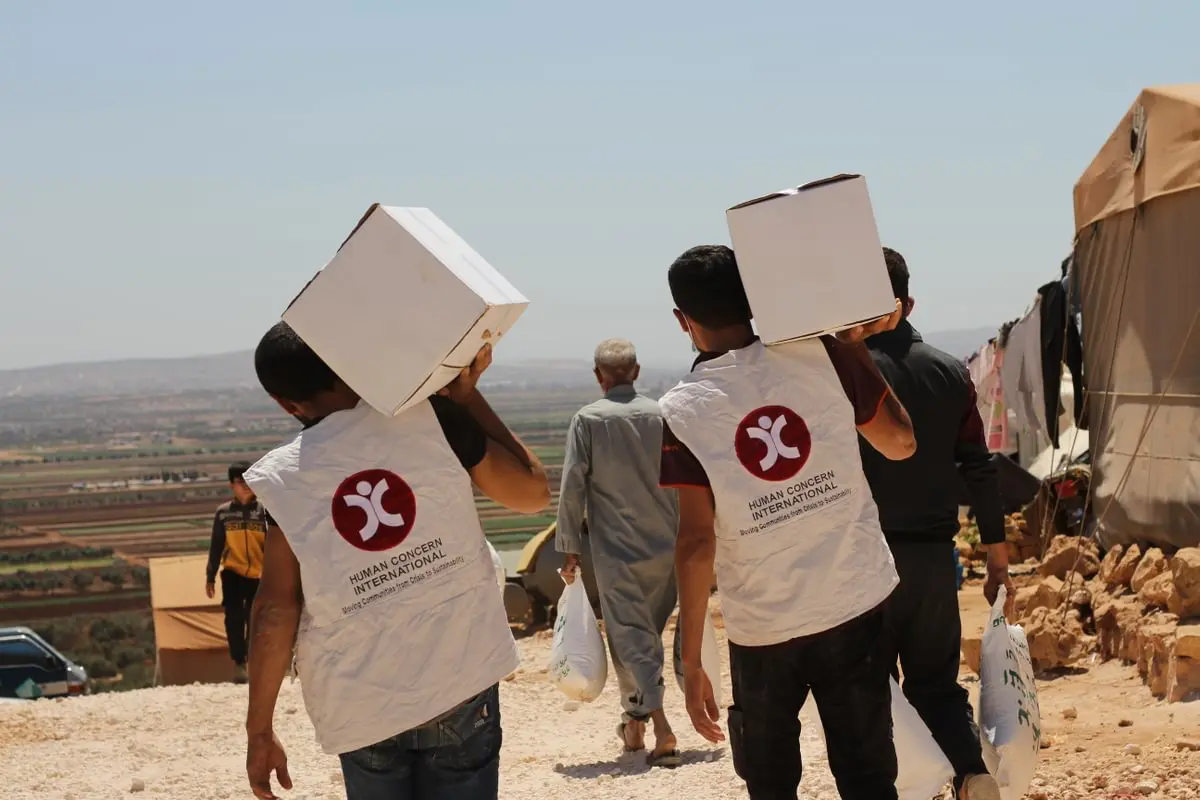
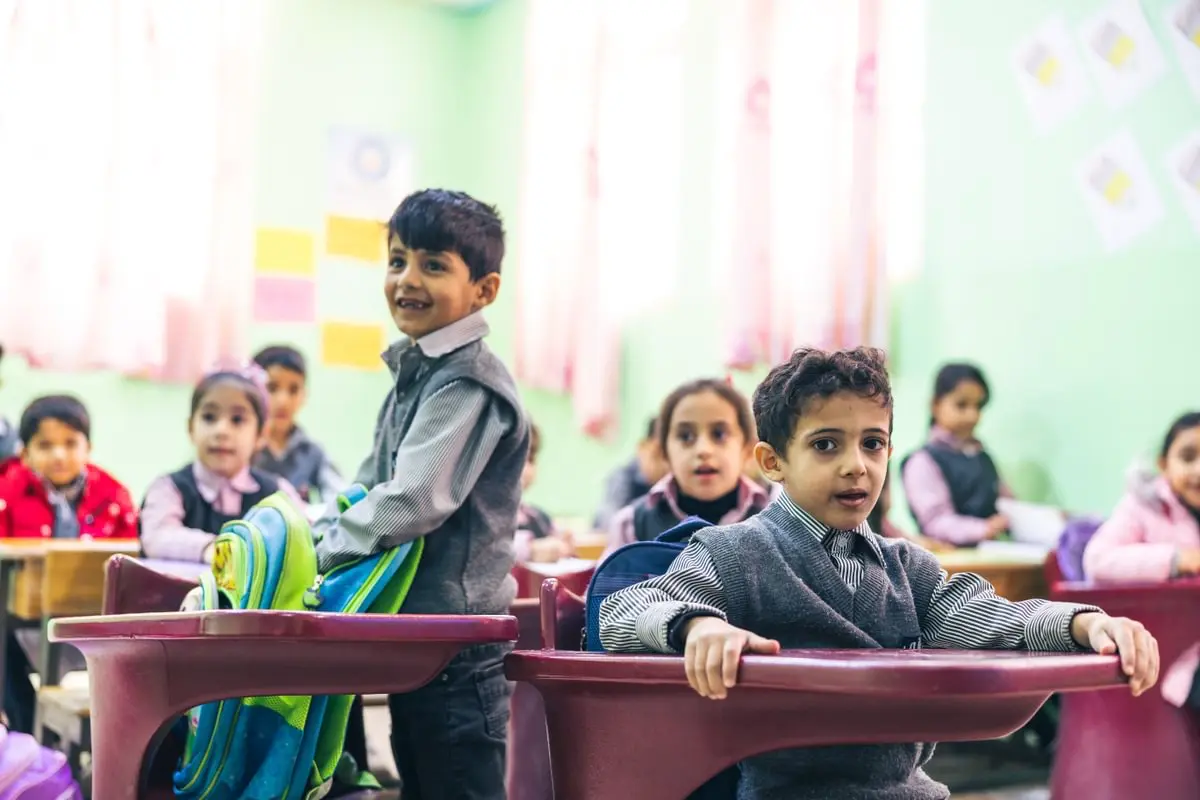
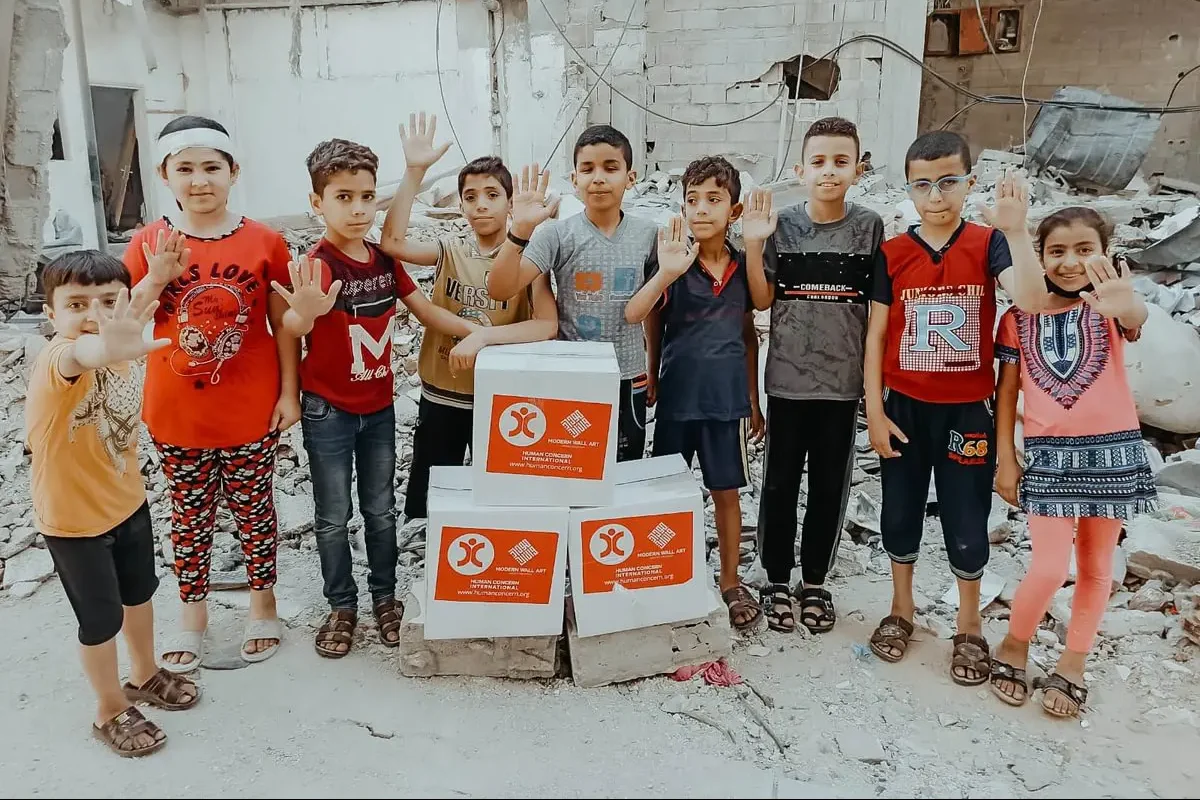
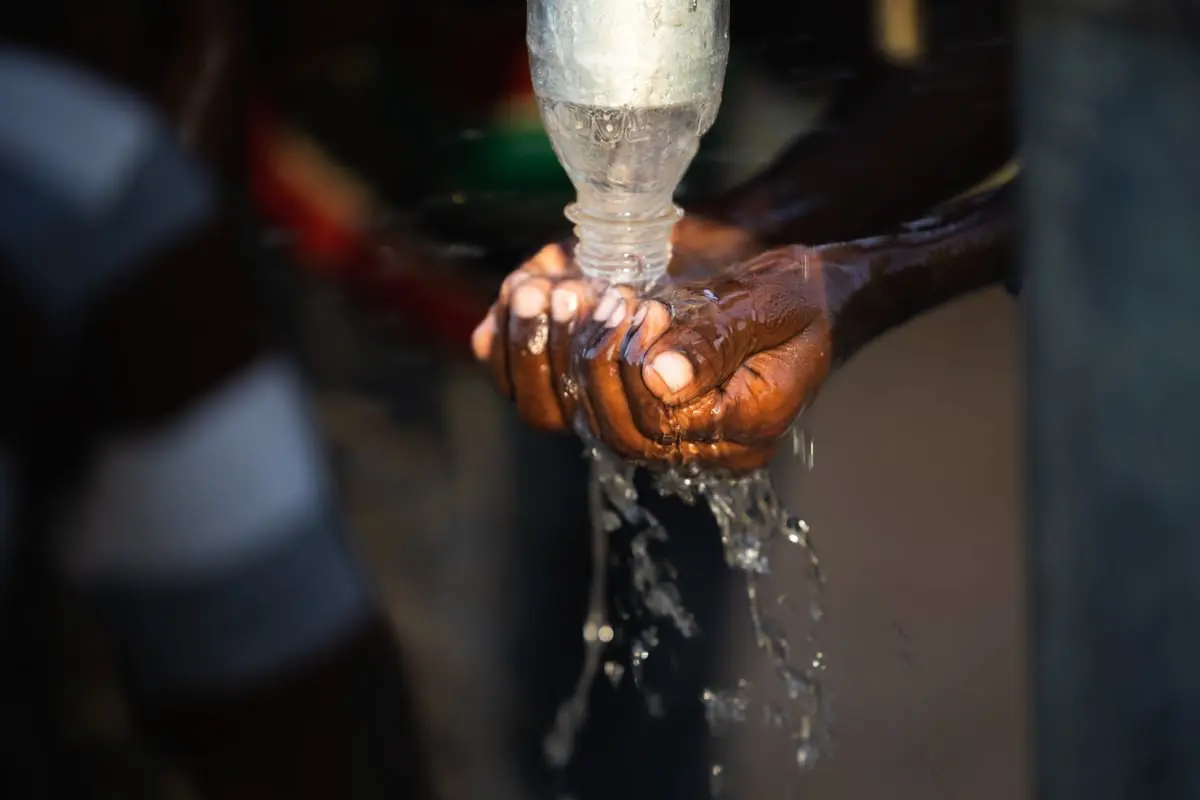
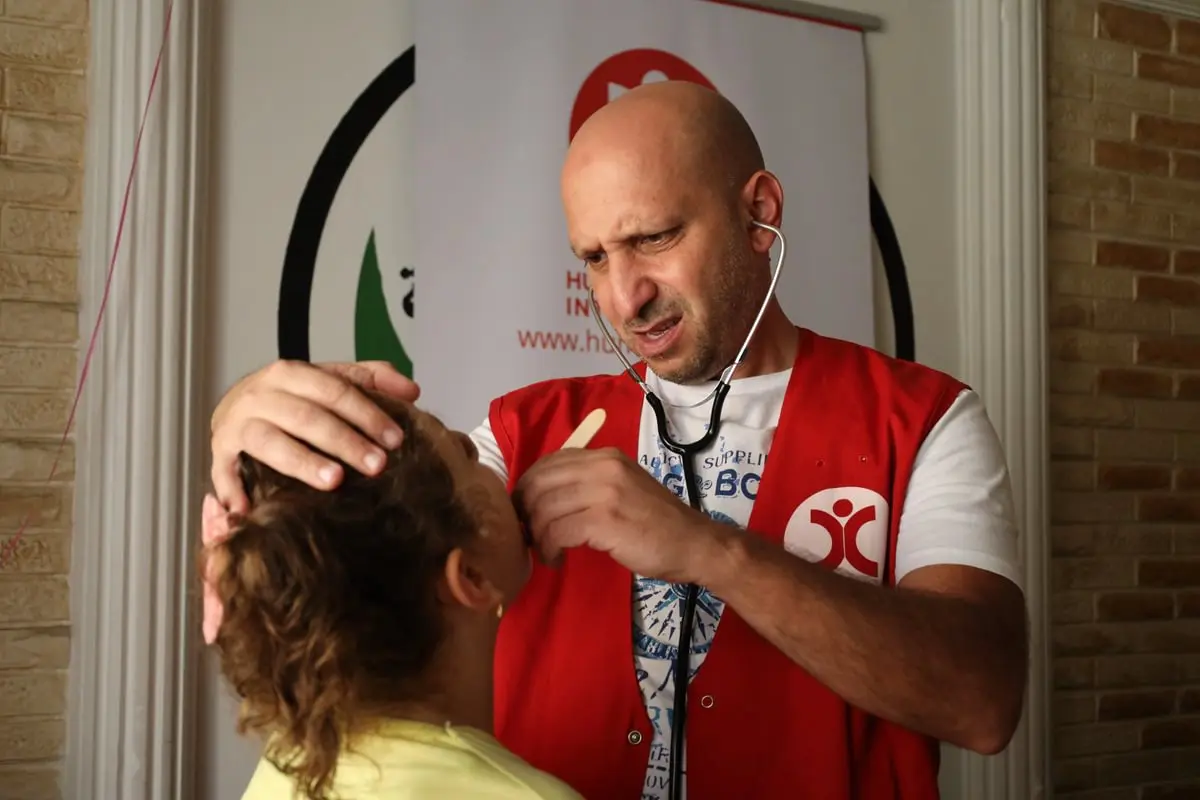
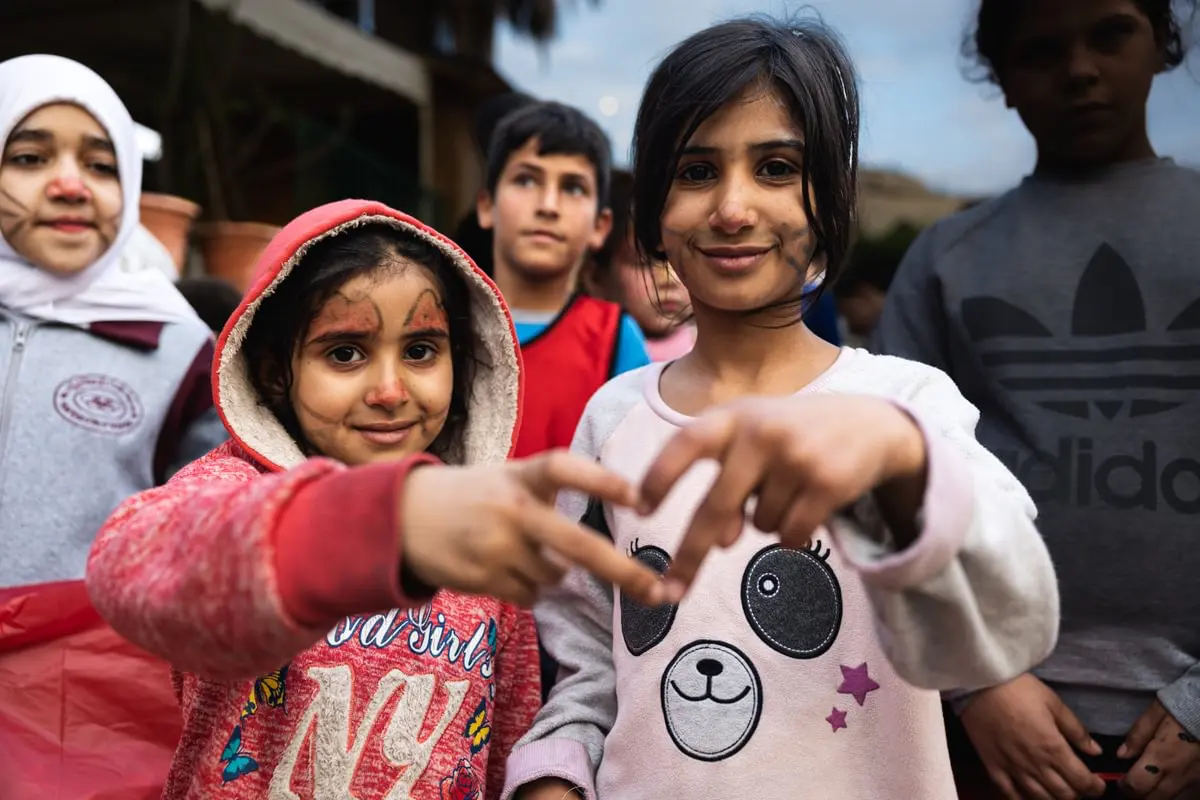
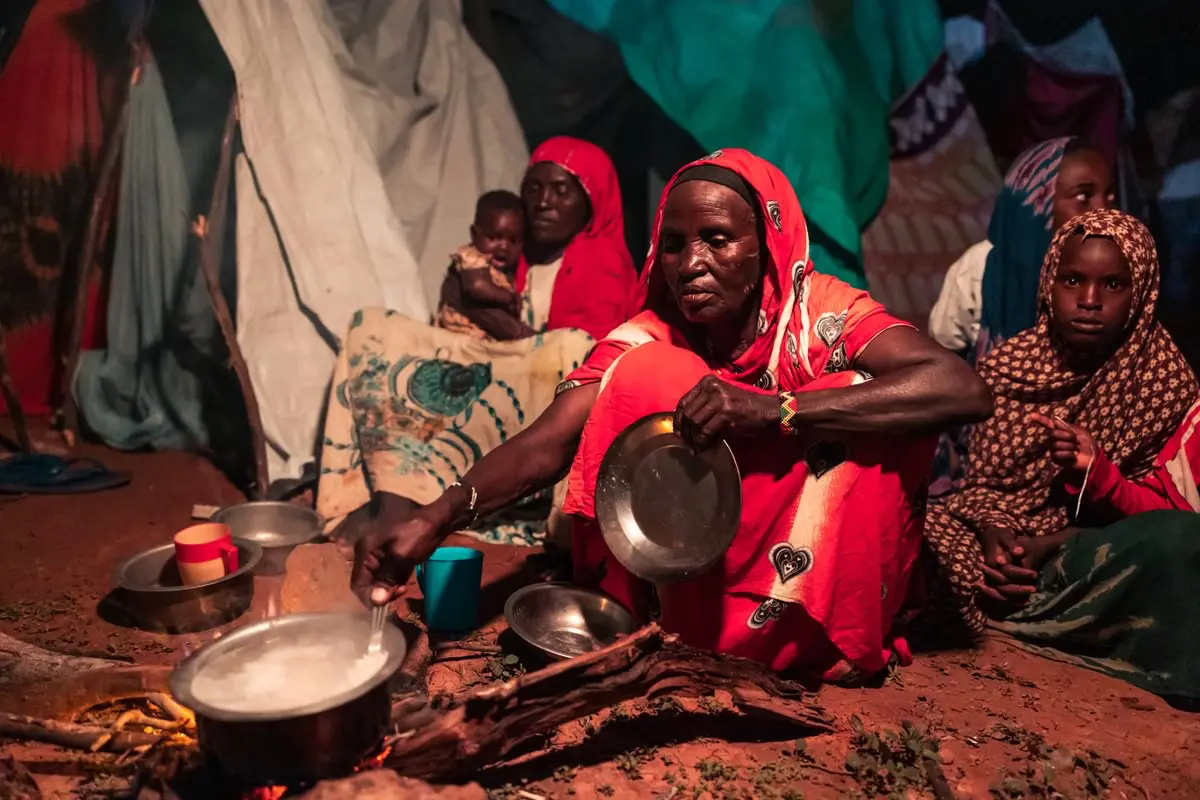
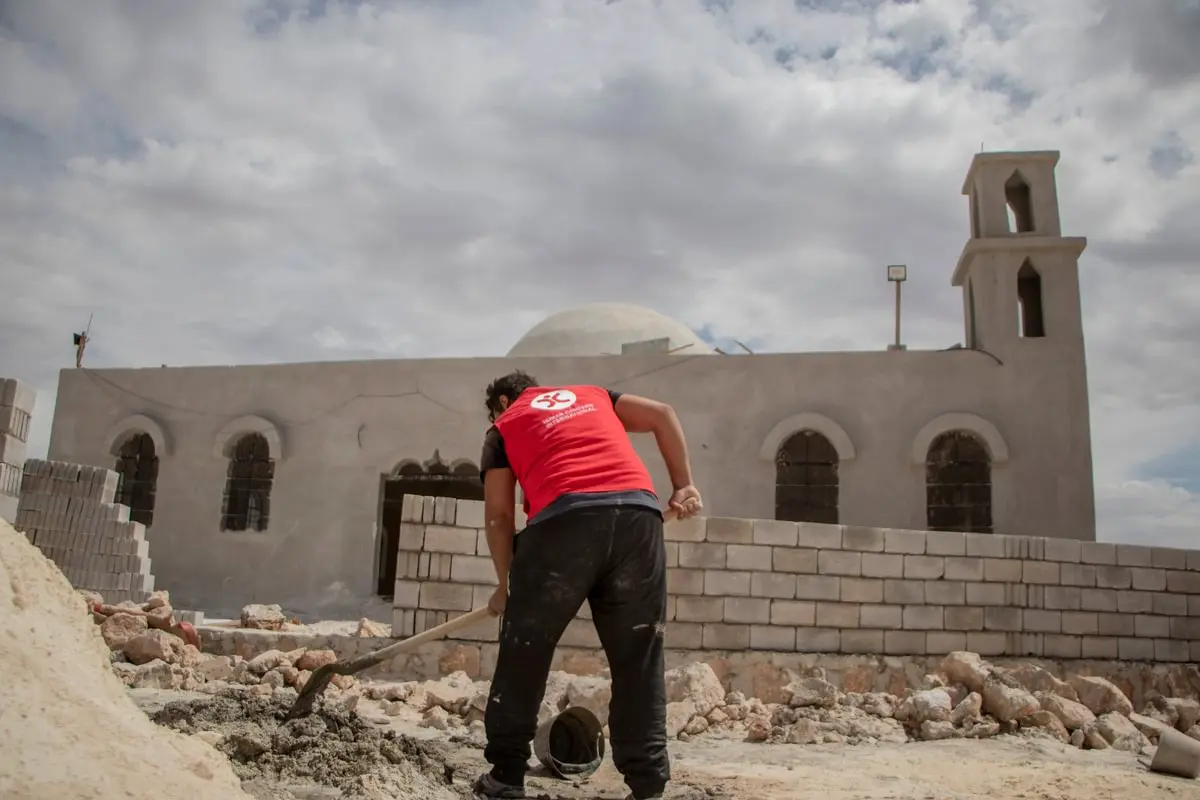
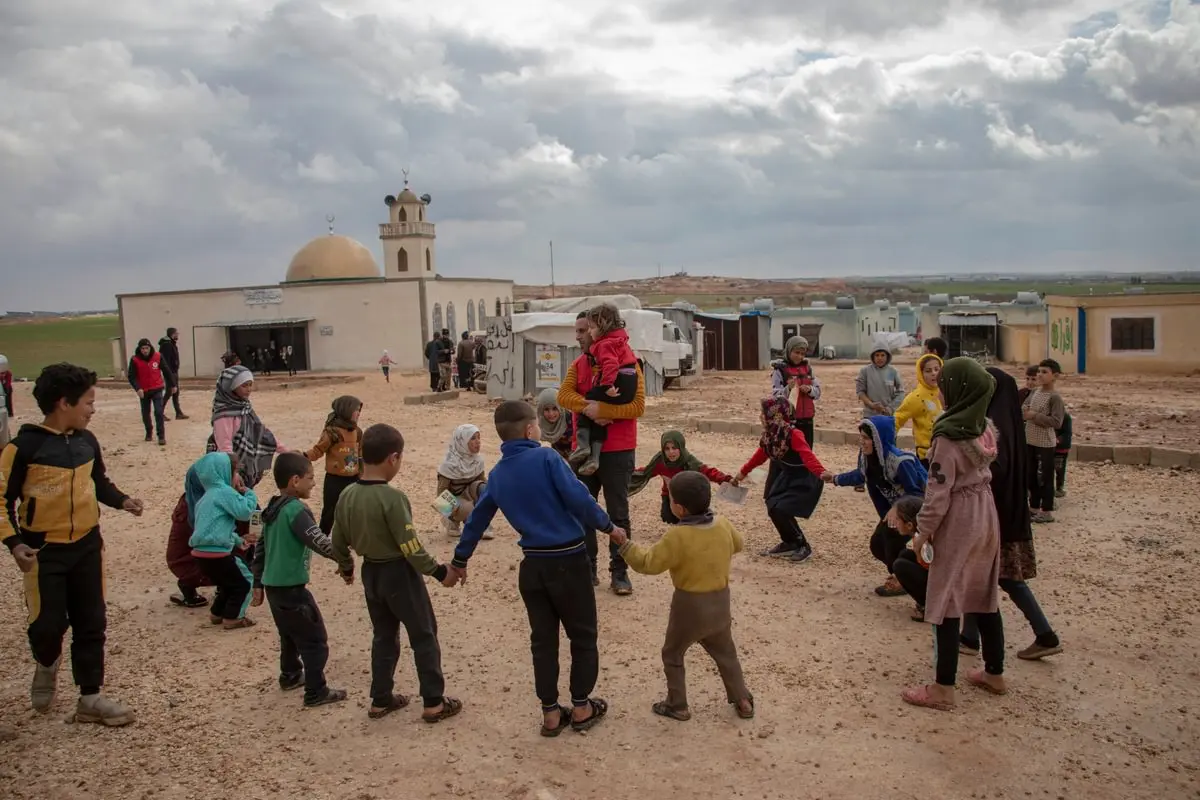
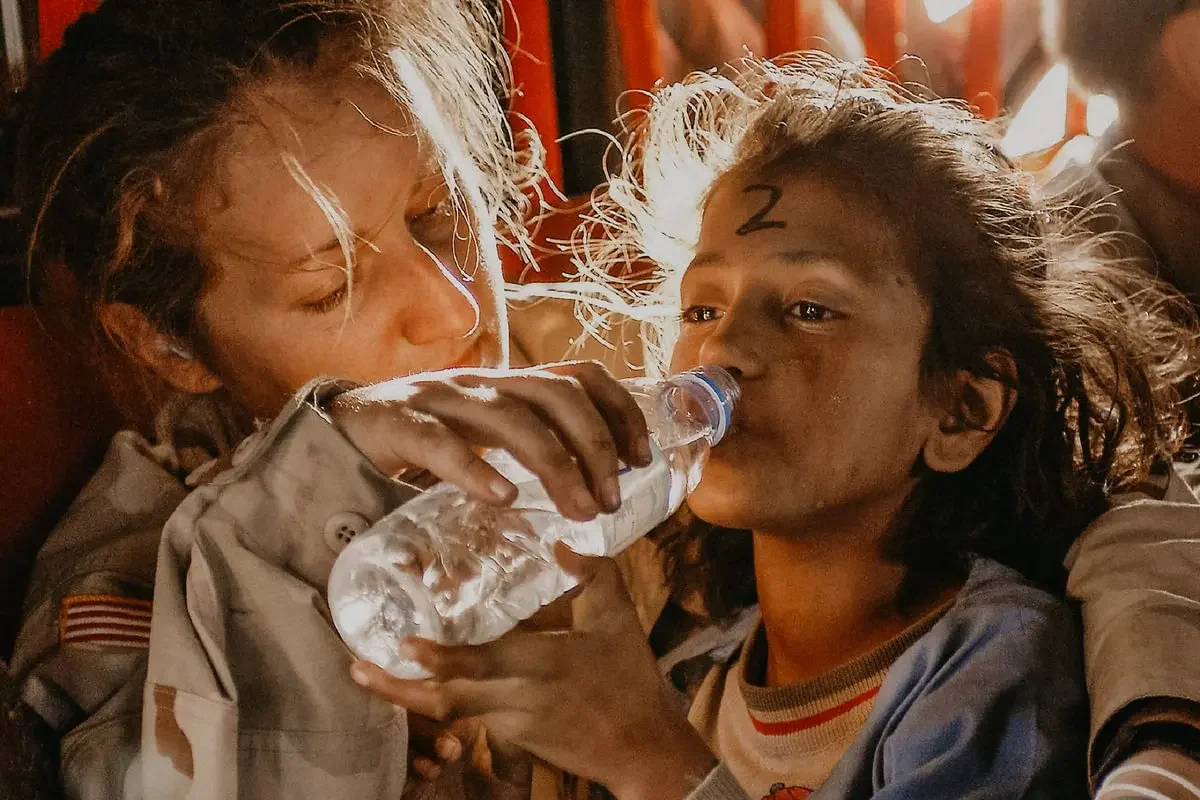
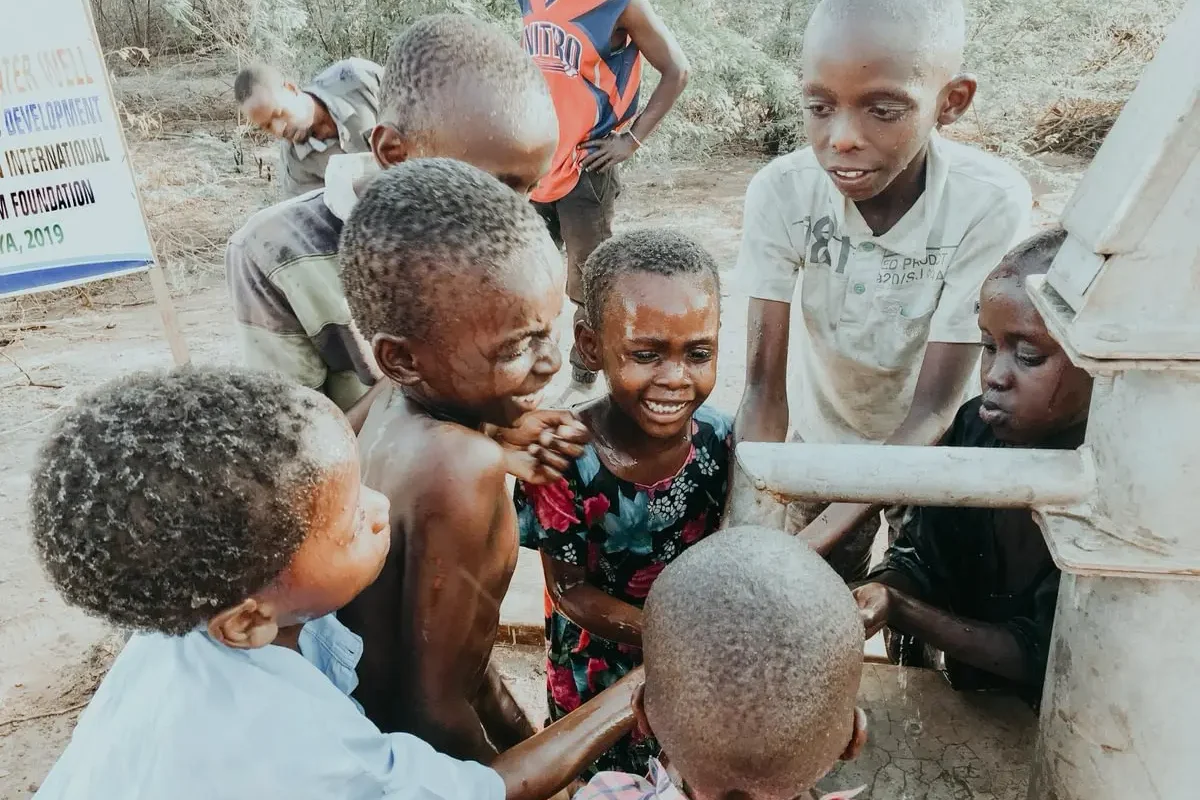
Human Concern International is the oldest Muslim relief organization in Canada, fighting poverty for over 45 years.
We are a registered charity with the CRA. Charitable Registration No. 107497125 RR 0001